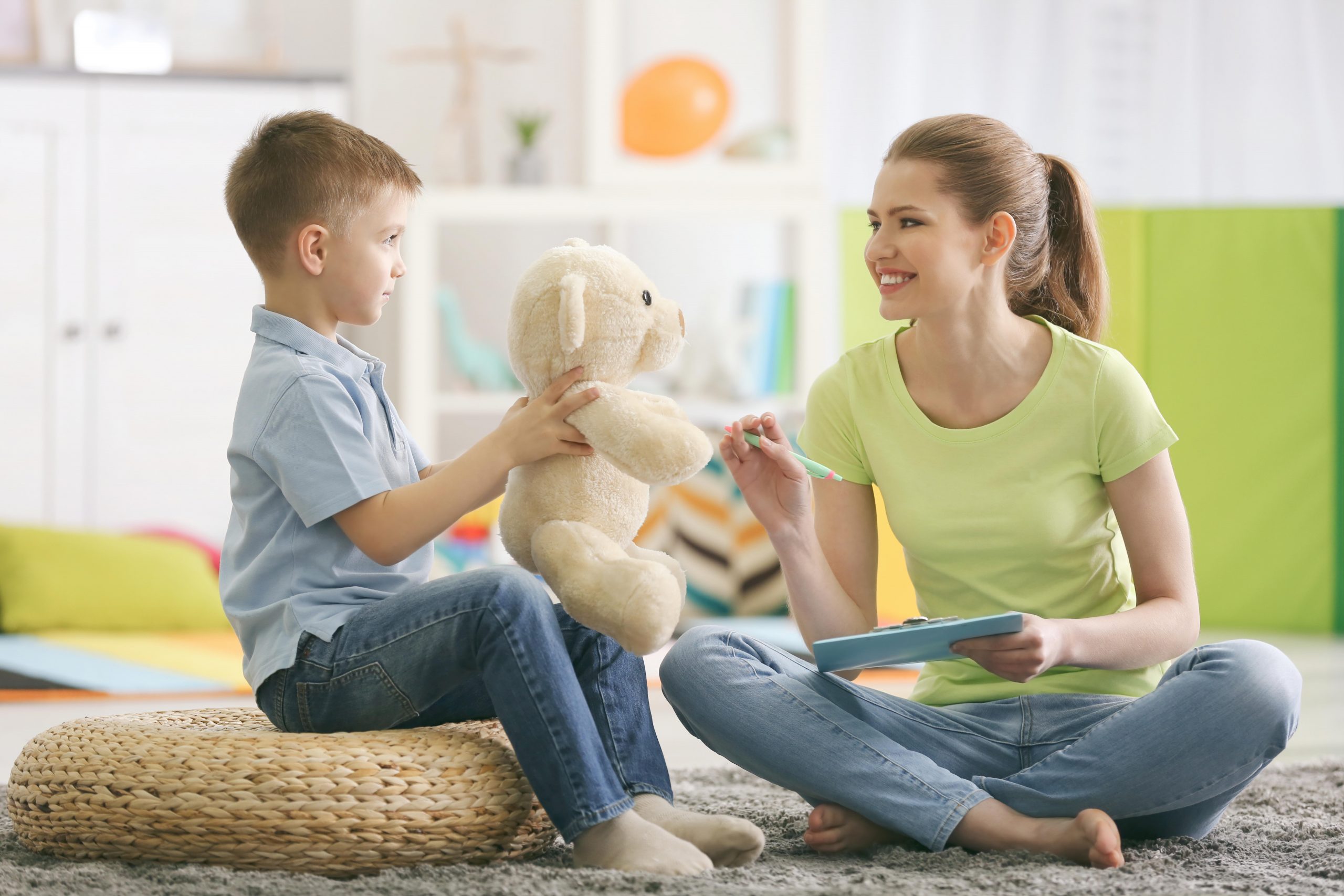Play is seen as the natural language of children. Children do not need to learn to play, it is a natural occurrence across all cultures and socio-economic status. What better way then, to allow a child to express himself than through play?
Play becomes the words of the child, providing children with the opportunity to express emotions, thoughts and experiences of which they might not have the vocabulary. During play therapy the therapist thus attempts to give the child the opportunity to express him/herself verbally or non-verbally through age appropriate, play activities. “Play is the child’s symbolic language of self-expression and can reveal
(a) what the child has experienced;
(b) reactions to what was experienced;
(c) feelings about what was experienced;
(d) what the child wishes, wants, or needs; and
(e) the child’s perception of self.” – Garry L. Landreth, Play Therapy: The Art of the Relationship.
Through play therapy, the child is given the opportunity to develop certain skills, practice important roles and process and integrate events with emotional content. The unique quality of play makes it a powerful therapeutic intervention.
“Play is the highest expression of human development in childhood, for it alone is the free expression of what is in a child’s soul.” – Friedrich Froebel
Emotional Intelligence In Children
“When little people are overwhelmed by big emotions it’s our job to share our calm, not join their chaos”
L.R. Knost, Gottman Institute
Emotional Intelligence is our ability to identify our feelings, to understand the reasons we feel them, the effect they have on us or others and our ability to regulate them. It is also our ability to empathize with another and feel genuine compassion for them.
You might be overwhelmed by your own life circumstances and by how it has affected your child emotionally. Experiencing your child’s distress and his/her inability to deal with big emotions can be daunting for every parent. Your child might have experienced trauma and are unable to cope with the emotional stress. Your child might be victim to a bully or even the bully himself.
Development of their emotional intelligence will help them understand themselves and their emotions better. It will help them enrich their personality, improve the quality of their relationships, increase their ability to persevere, have a positive outlook on life, as well as be an overall successful individual. It can set them up early to be champions for themselves from the inside out, bringing out the best version of themselves to the world.



